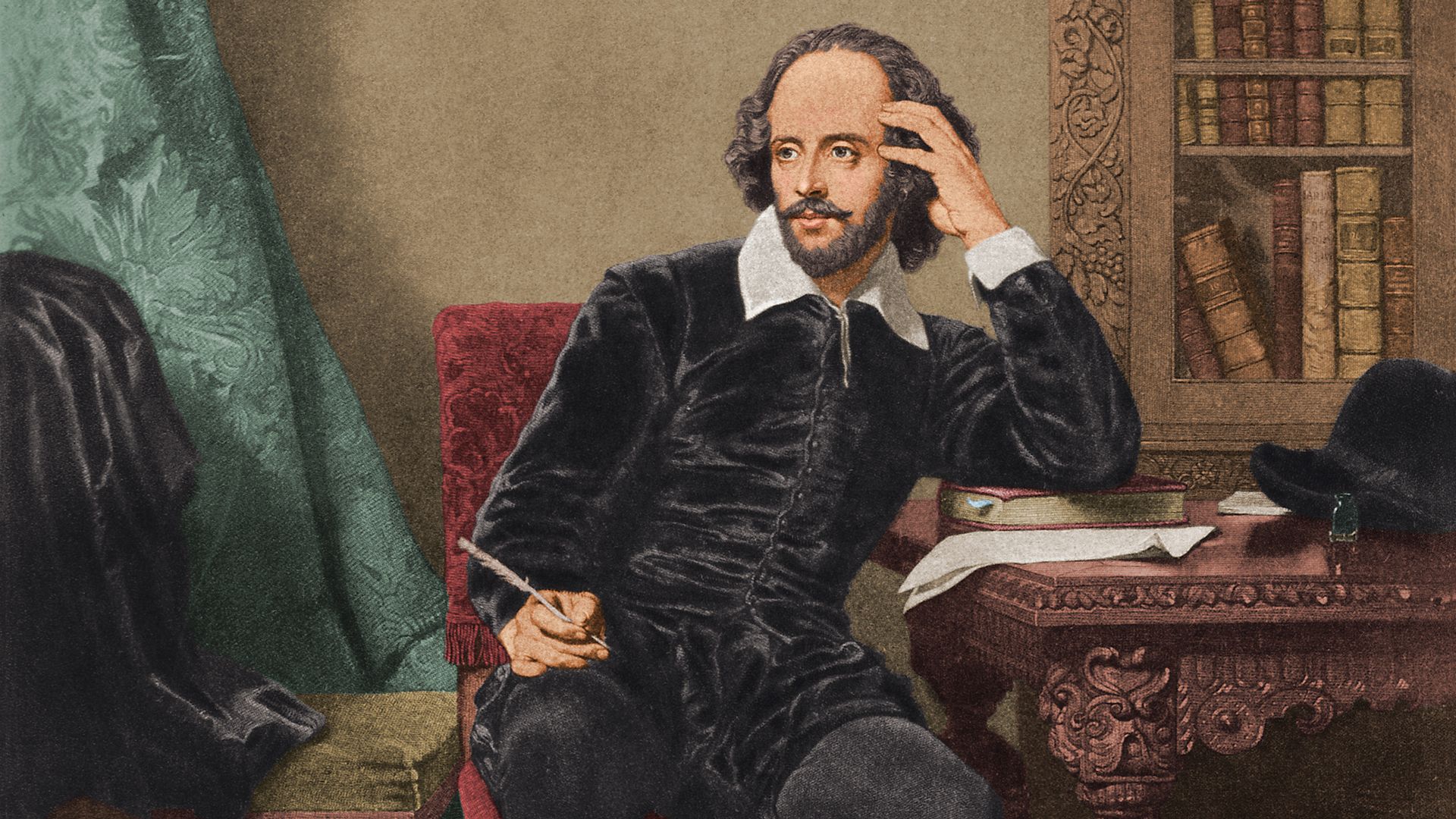William Shakespeare Biography
William Shakespeare is one of the most well-known playwrights and poets in history and is sometimes referred to as the Bard of Avon. Shakespeare was born at Stratford-upon-Avon, England, in 1564. Although his actual birthday is unknown, it is customarily celebrated on April 23, which also happens to be the day he died in 1616.
William Shakespeare wrote two lengthy narrative poems, 154 sonnets, and 39 plays. The subjects of his plays, which span a variety of genres and include history, comedy, tragedy, and ambition, include love, power, ambition, jealously, and the complexity of human nature. Among his best-known pieces are “Hamlet,” “Romeo and Juliet,” “Macbeth,” “Othello,” “King Lear,” and “A Midsummer Night’s Dream.”
It is impossible to overestimate Shakespeare’s impact on English literature, drama, and language usage. His plays have been translated into every major language and are performed all over the world. Shakespeare’s plays are still studied, dissected, and adapted for a variety of media, and his phrases and words have found their way into common English discourse.
- “To be, or not to be, that is the question.” – Hamlet
- “All the world’s a stage, and all the men and women merely players.” – In Your Opinion
- “What’s the meaning behind a name? By any other name, what we refer to as a rose would smell just as good.” – Romeo and Juliet
- “To thine own self be true.” – Hamlet
- “Love looks not with the eyes, but with the mind, And therefore is winged Cupid painted blind.” – A Dream of Midsummer
- “The stronger part of valor is patience.” – Henry IV, First Part
- “If music be the food of love, play on.” – The Twelfth Night
- “The course of true love never did run smooth.” – A Dream of Midsummer
- “All that glisters is not gold.” – The Venetian Merchant
- “The fault, dear Brutus, is not in our stars, but in ourselves.” – Caesar
10 surprising facts about William Shakespeare
- “William Shakespeare” was spelled differently: Shakespeare’s last name was not consistently spelled throughout his lifetime. He spelt it differently himself, using the variations “Shakspere,” “Shaxpere,” and “Shakspeare.”
Shakespeare was a playwright, poet, and prosperous businessman in addition to being both of these things. In addition to becoming a stockholder in the Globe Theatre and Blackfriars Theatre, he made real estate investments. - His years he lost: Shakespeare lived through a time in his life known as “the lost years,” during which nothing is known about his activities. This period roughly corresponds to 1585–1522, and it’s not certain what he was doing at that time.
- Shakespeare’s education: The amount of formal education Shakespeare received is a subject of debate. It is known that he went at Stratford-upon-Avon’s King’s New School, although it is unknown how much formal education he obtained.
- Shakespeare’s lineage: At the age of 18, Shakespeare wed Anne Hathaway, who was 26. Together, they were parents to Susanna and the twins Hamnet and Judith. Sadly, Hamnet passed away at the age of eleven.
- Shakespeare’s performing career: Shakespeare was an actor in addition to a playwright. He frequently appeared in his own plays in addition to being a member of the prestigious theatrical group known as the Lord Chamberlain’s Men.
- Shakespeare’s impact on the English language: Shakespeare is recognized for having created a large number of expressions that are still in common usage today. Several terms that come to mind include “eyeball,” “bedazzled,” “swagger,” “lackluster,” and “fashionable.”
- The First Folio: Shakespeare’s plays were collected by friends and fellow performers John Heminges and Henry Condell following his death, and the result was published in 1623 as the First Folio. Many of his plays could have been lost to history in the absence of this publishing.
- The curse on Shakespeare’s grave: The headstone in Shakespeare’s Stratford-upon-Avon has a curse written on it to prevent anybody from moving his bones. It says, “Good friend for Jesus sake forbeare, To digg the dust encloased heare; Bleste be the man that spares thes stones, And curst be he that moves my bones.”
- Debate over authorship: The identity of the author of Shakespeare’s works has been the subject of continuous discussion and conjecture. Although some ideas imply that other people, including Christopher Marlowe or Francis Bacon, may have authored his plays, these views are not generally acknowledged by academics.
- Impact on the world: Shakespeare’s plays have been performed more frequently than those of any other author and have been translated into every major language.
